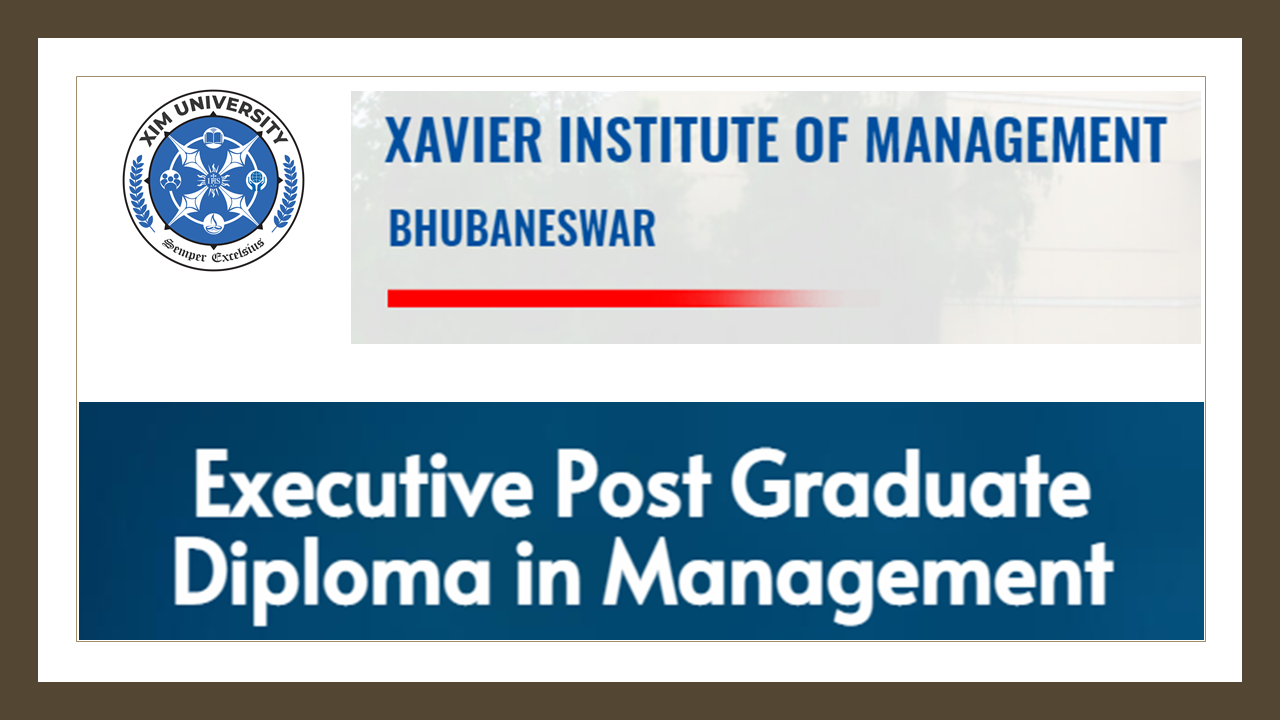Principles of Corporate Finance
Course Objective
PRINCIPLES OF CORPORATE FINANCE
Welcome to Principles of Corporate Finance!
Have you ever wondered how businesses make decisions about raising capital, investing in projects, or distributing profits to shareholders? This course, "Principles of Corporate Finance," will delve into the fundamental tools and theories that guide these crucial decisions within a corporation.
Every decision that a business/manager makes has financial implications, and therefore, any decision that affects the finances of a business is a corporate finance decision. This is a foundation/core course in finance, and the concepts covered here give the students a strong foundation in applying finance to the real world. Be it a marketing manager, operations manager, human resource manager, IT manager, or finance manager, finances are crucial to your day-to-day functioning, and therefore, it is essential to understand the nitty-gritty of corporate finance. The objective of this course is to engage in shareholders’/stakeholders’ wealth/value maximization (SWM) through the various roles that managers play in a business environment.
This course develops an insight into how firms create shareholder value by formulating investing, financing, and dividend pay-out strategies.
This course also sets the tone for the elective courses in finance. Given the importance of finances in any business, this course is rigorous in terms of content and pedagogy.
Together we'll embark on a journey through the intricate world of corporate finance. Our primary focus will be threefold:
1. Building Your Financial Toolkit:
• Time Value of Money: We begin by understanding the fundamental concept of time value of money, which recognizes that a dollar today is worth more than a dollar tomorrow. This foundational concept forms the bedrock for financial decision-making.
• Risk & Return: The inherent link between risk and return is another critical aspect we'll explore. You'll learn to analyze the trade-off between potential gains and the associated level of risk in various financial undertakings.
• Valuation of Assets: Understanding how to accurately value assets, such as stocks, bonds, and projects, is crucial for making informed investment decisions. We'll equip you with the tools and techniques for effective asset valuation.
• Estimating Cost of Capital: Every investment has a cost, and understanding the cost of capital – the minimum return required by investors – is critical for making sound financial decisions. This course will guide you through various methods for estimating a company's cost of capital.
2. Applying the Tools to Real-World Scenarios:
Once equipped with these fundamental tools, we'll transition to applying them to real-world situations. This is where the excitement begins!
• Capital Budgeting Techniques: You'll learn various techniques, like Net Present Value and Internal Rate of Return, used by companies to evaluate potential investment projects and make informed capital budgeting decisions.
• Dividend Discount Models: Companies often distribute a portion of their profits to shareholders as dividends. We'll explore different models used to estimate the intrinsic value of a company based on its expected future dividends.
• Optimal Capital Structure: Striking the right balance between debt and equity financing is crucial for a company's financial health and risk management. This course will explore different theories and strategies behind achieving an optimal capital structure.
3. Unveiling the Theories Behind the Practice:
Beyond the practical application of tools lies a deeper understanding of the theoretical frameworks that underpin corporate finance decisions. We'll delve into these theoretical frameworks to gain a holistic understanding:
• Dividend Theories: Different perspectives exist on why companies pay dividends and the factors influencing dividend policy. We'll explore leading theories like the signaling and clientele effects.
• Dividend Policies: Understanding how companies establish and maintain their dividend policies is crucial for investors. This course will examine different factors influencing dividend decisions and their implications.
• Capital Structure Theories: We'll analyze various theories, such as the Trade-off Theory and Pecking Order Theory, that explain how companies determine their optimal capital structure, the mix of debt and equity financing.
• Portfolio Theory: This course will introduce you to the principles of modern portfolio theory, which helps individuals and institutions construct diversified portfolios to manage risk and optimize returns.
• Agency Theory: Businesses are often subject to agency problems, where managers' interests may diverge from those of shareholders. We'll explore theories and mechanisms to mitigate agency problems and protect shareholder interests.
By the end of this course, you will be equipped with a solid understanding of the core principles and tools used in corporate finance. You'll be able to analyze financial statements, evaluate investment options, and understand the rationale behind critical corporate decisions. This journey through the world of corporate finance will be both intellectually stimulating and practically relevant, preparing you to navigate the complex financial landscape effectively.
Get ready to unlock the secrets of responsible and informed financial decision-making within the corporate world.
Let's embark on this exciting journey together!
Mandatory 3.0 Credits
Course Faculty
Dr. Ritesh Kumar Dubey
Dr. Ritesh Kumar Dubey (Ph.D.) is an assistant professor (Accounting & Finance) at XIMB Bhubaneswar. He has been associated with various reputed B-Schools like GITAM School of Business (GSB) - Vizag, Institute of Management Technology (IMT) - Hyderabad, and IBS Hyderabad as full-time faculty and ICAR-NAARM (Hyderabad), NMIMS NGASCE (Mumbai), IIM Rohtak, S.P. Jain Global School of Management, and IIIT Hyderabad as visiting faculty. He is a National University of Singapore (NUS) certified Fintech and Innovation professional. He was a visiting scholar at Fogelman College of Business and Economics, The University of Memphis, Tennessee, USA (Aug 2012 – May 2013). He was HOD, Dept. of Business Analytics at GITAM School of Business and Chairperson, Centre for Fintech at IMT Hyderabad. He has conducted and acted as a resource person/speaker in several workshops for start-ups and incubation centres like the Indian Institute of Millet Research (IIMR)-NutriHub’s NGRAIN program, ICRISAT, NALSAR, University of Hyderabad, Centre for Innovation and Entrepreneurship (CIE), IIIT Hyderabad, KL University, FICCI Flo-Hyderabad, and few others. His research interests are in the field of ESG, Sustainability, Green Bonds, Green Transformation, Algorithmic Trading, Corporate Governance, Entrepreneurship, FinTech, and use of Technology in Management. He is an active mentor to several impact-focused start-ups across the country. He has published in several reputed national and international journals and participated in national and international conferences.


